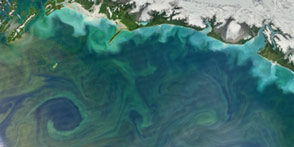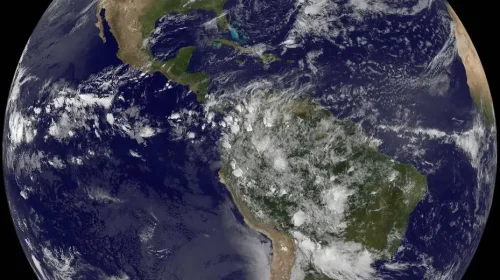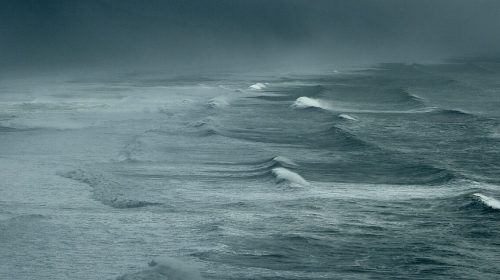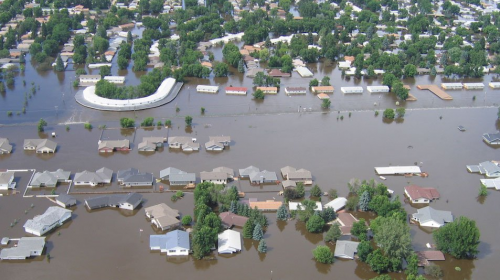Marine heatwaves in the Gulf of Alaska have surged since 2013, causing lasting impacts on ocean dynamics, fisheries, and marine food webs. Researchers from Brown University used 30 years of satellite data and climate models to study how marine heatwaves disrupt nutrient-rich circular ocean currents called eddies. These eddies help to concentrate nutrients that support phytoplankton, which is the foundation of the marine food chain. The study, published in Communications Earth & Environment, revealed a chain reaction. Marine heatwaves create high-pressure atmospheric conditions that weaken coastal circulation in the Gulf of Alaska, reducing the formation of the eddies essential for supporting marine life.
This research highlights critical links between climate change, ocean circulation, and marine ecosystems, suggesting ongoing risks to ocean health and fisheries. Understanding these interactions is crucial for managing ecosystems and forecasting climate impacts on ocean productivity. The Climate Program Office’s Climate Variability & Predictability (CVP) program partially funded this work through a grant to improve predictability on decadal timescales. Co-author of this study Emanuele Di Lorenzo works on a specific project focused on predicting ocean physics and biogeochemistry.
For more information, contact Clara Deck.











